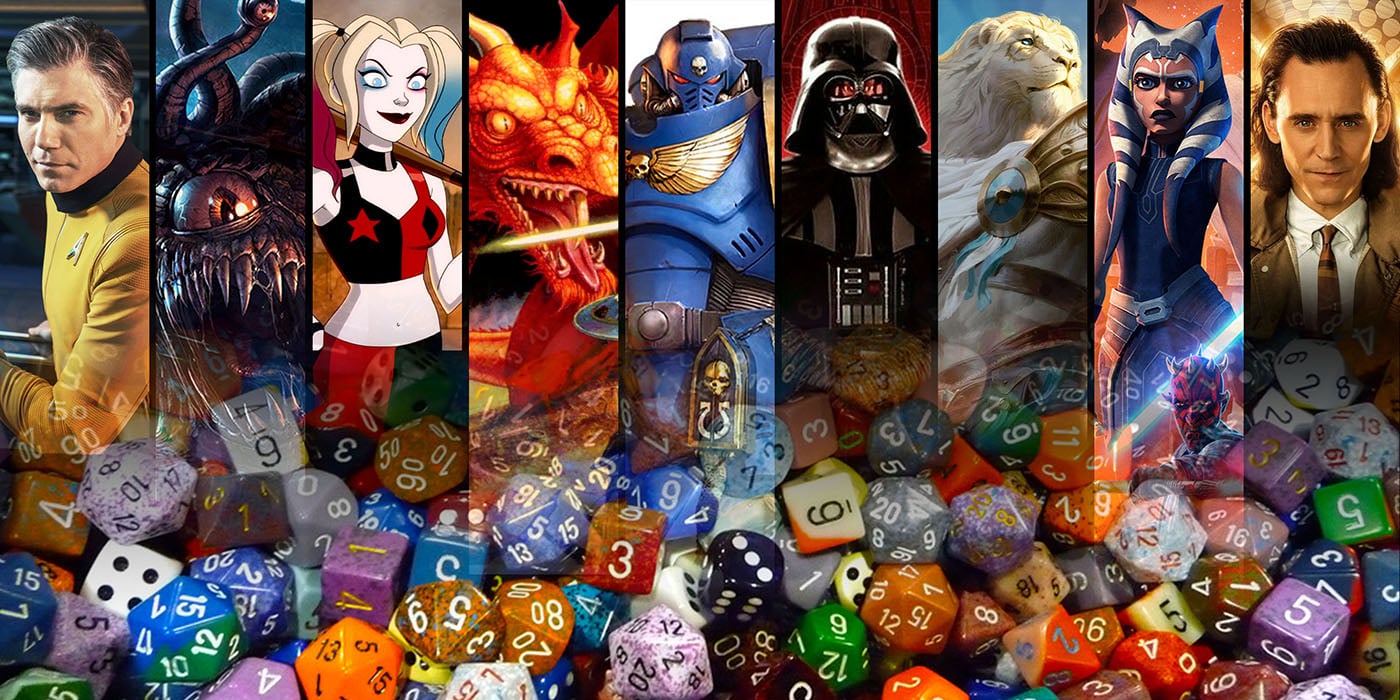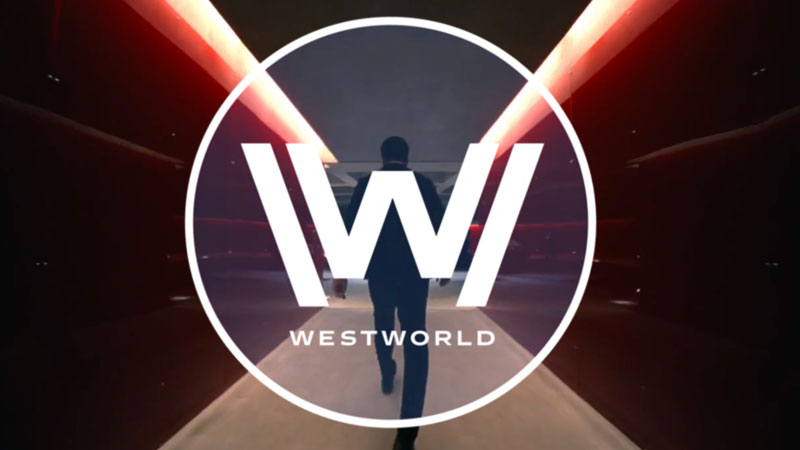Geekery: The Sound of Westworld



The music isn’t the best thing about this show – but it is superb.
The music of Westworld came up in the comments section of the music of Luke Cage article I did last month. I am going to have to re-evaluate the claim that the Marvel series has the best music in television this year.
The adaptations and original pieces used in Westworld are damn near perfect. Composer Ramin Djawadi gives the audience points of reference and familiarity with his choices, but they’re off just enough to be as unsettling as the rest of the universe Nolan and Joy have created. It confuses the time line and the relationship Westworld has to ours – are these songs only for our benefit, or do they hold significance to the guests in the park?
Djawadi has worked with a diverse group of creatives. He started with Hans Zimmer’s Remote Control productions, and went on to work with The RZA on Blade: Trinity; as well as directors like Jon Favreau and Guillermo Del Toro. He wrote the Game of Thrones theme. The bulk of his work has been making TV shows feel cohesive through music – he’s been nominated for multiple Emmys for this work, and he’s a shoe-in for another nomination for Westworld.
He dug back to the themes Fred Karlin wrote for the 1973 movie to find inspiration for the show’s title sequence – the mix of organic and synthetic instruments, the slightly off quality in the interaction between the two. Take a listen…
Note: the first video may not be safe for work.
On top of the sound you get the symbolism of the use of specific instruments. The use of hammer dulcimer and 12 string guitar in Djawadi’s orchestral rendition of Paint it Black bring it fully into the west; and you can hear the gunslinger theme from the movie in it, too.
The heavy use of player piano – an instrument pre-programmed to perform a human action – in a story of androids that perform the same function in a much more complicated form. Both soulless, but functional, replicas of humanity. It’s a brilliant choice. In an interview with Vulture Djawadi expressed his thoughts on the instrument:
“The way I see it, it’s like a jukebox in a restaurant. When you put money in it, it plays preprogrammed pieces. These particular pieces that the piano plays help you with the sense of time, the repeats. It just marks time, and it provides the recognition factor that this is a preprogrammed event.”
The music choices are thematically brilliant, as well – a fight scene served up on a song that paints a picture of desolation and depression; a scene of debauchery laid over a song describing emptiness and being utterly alone; keeping time with a song about leading banal life with no surprises.
The soundtrack so far:
HBO released some of the original music from the show on Apple Music yesterday.




